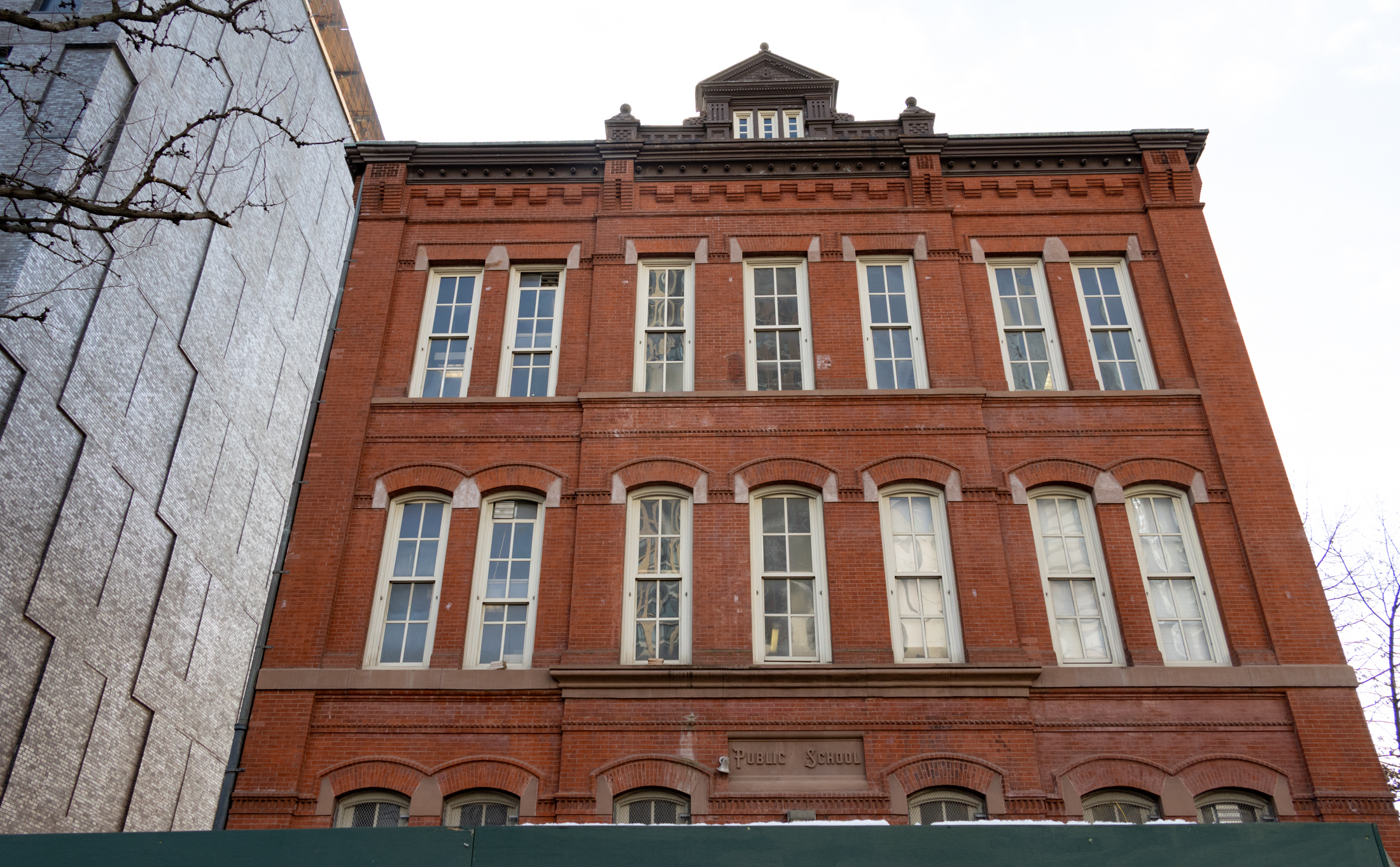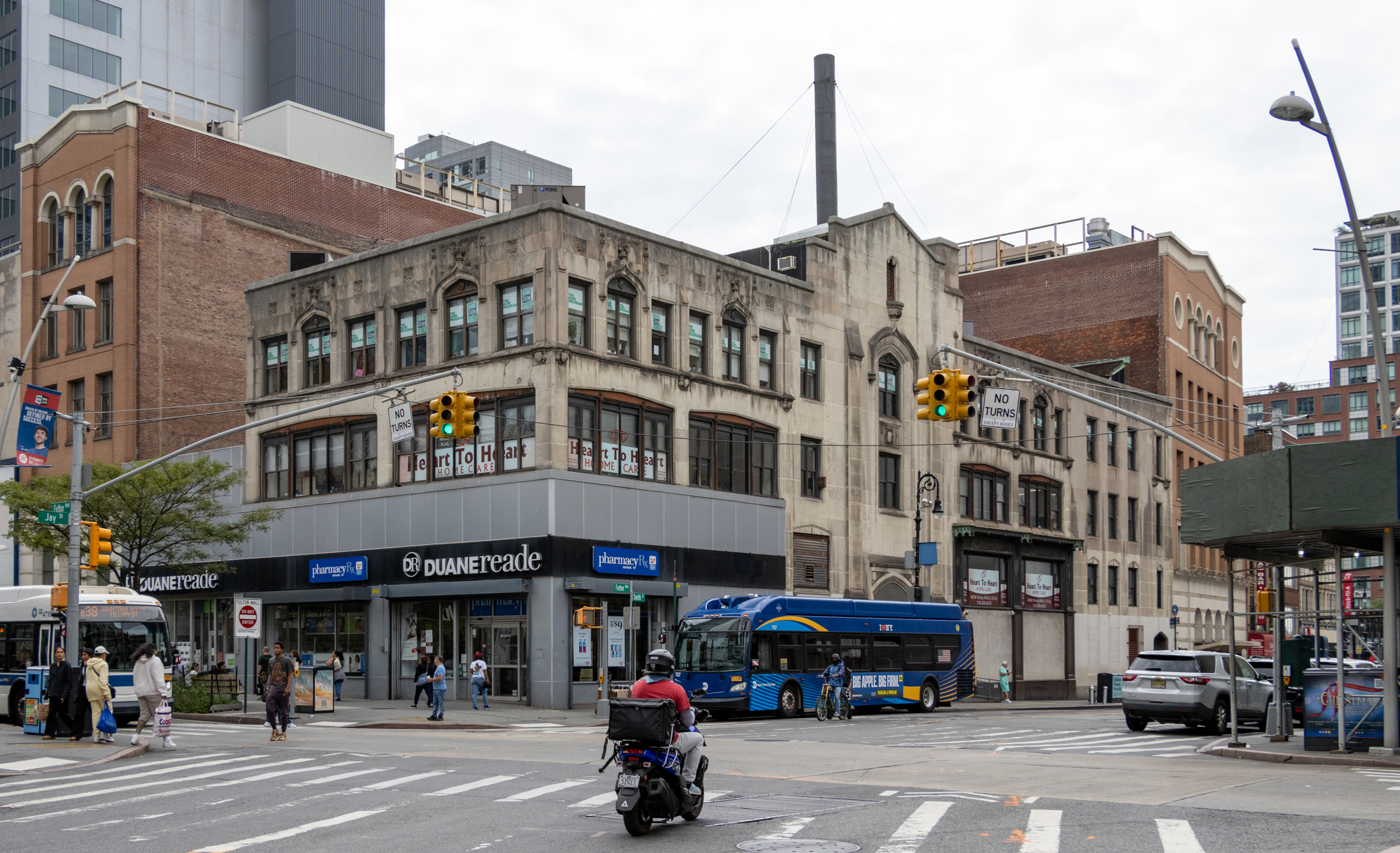Fishing for Foreclosures: Can You Make Big Bucks?
An article in the latest Real Deal looks at the recent rash of classes and seminars that teach people about buying properties in foreclosure (apparently even The Donald’s gotten in on the act by marketing a course with an ad that reads “If you’re not a millionaire by December 2008, you didn’t attend my foreclosure…

 An article in the latest Real Deal looks at the recent rash of classes and seminars that teach people about buying properties in foreclosure (apparently even The Donald’s gotten in on the act by marketing a course with an ad that reads “If you’re not a millionaire by December 2008, you didn’t attend my foreclosure workshop”) and finds that investing in foreclosures isn’t all that simple—and (no shock here) it’s certainly not guaranteed to turn you a quick profit. Rick Sharga, a foreclosure expert at RealtyTrac, says that if you’re eyeing neighborhoods with more and more properties in pre-foreclosure (aka “lis pendens”) where values are depreciating—East New York, say—the challenge is to find a property entering foreclosure that has equity…People may have overextended themselves and got involved with very risky financing, and there may not be any equity. In fact, the price of the property over the ensuing period may even be a negative equity situation.” Most foreclosure-investment experts say the best way to make money is to look around for pre-auction foreclosure listings (a property usually goes into lis pending a year before it actually makes it to auction) and try to negotiate a bargain price with either the owner or, if a bank has taken control of the house, the lender. Caveat emptor, though: “This is not about getting rich overnight,” says Jessica Davis, who runs a foreclosure listing service.
An article in the latest Real Deal looks at the recent rash of classes and seminars that teach people about buying properties in foreclosure (apparently even The Donald’s gotten in on the act by marketing a course with an ad that reads “If you’re not a millionaire by December 2008, you didn’t attend my foreclosure workshop”) and finds that investing in foreclosures isn’t all that simple—and (no shock here) it’s certainly not guaranteed to turn you a quick profit. Rick Sharga, a foreclosure expert at RealtyTrac, says that if you’re eyeing neighborhoods with more and more properties in pre-foreclosure (aka “lis pendens”) where values are depreciating—East New York, say—the challenge is to find a property entering foreclosure that has equity…People may have overextended themselves and got involved with very risky financing, and there may not be any equity. In fact, the price of the property over the ensuing period may even be a negative equity situation.” Most foreclosure-investment experts say the best way to make money is to look around for pre-auction foreclosure listings (a property usually goes into lis pending a year before it actually makes it to auction) and try to negotiate a bargain price with either the owner or, if a bank has taken control of the house, the lender. Caveat emptor, though: “This is not about getting rich overnight,” says Jessica Davis, who runs a foreclosure listing service.
Sniffing Out Deals Headed to Foreclosure [TRD]
Graphic from RealtyTrac.





That’s sad, 3:20. It’s nice you tracked down a relative for her.
It does seem people can rush into buying a foreclosed property at auction and not check for tenants. Or an owner who won’t leave.
i thought he worked on wall street, not a lawyer.
an aspect of the forclosure business that is never touched is– the period of time from the actual auction- until the rehab work gets started. once a home is auctioned the homeowner doesnt pack his/her suitcase that day. depeneding on the situation it can take up to YEAR to get them out. this could impose the greatest financial burdon. lawyers, sheriffs, court dates. the first forclosure home i boughtmaybe 2000, or 2001) turned out to have a 98 year old woman living in the house(basement, illegal apt). not the homeowner, but a tenant. it was the worst situation. sleepless nights.i ended up tracking down a relative in virginia. brought her up here.
anyone have any idea how many people in nyc have actually lost their homes to foreclosure over the past year or two?
Um: it’s “lis pendens,” not “lis pending.” Aren’t you supposed to be a lawyer or something?
“If you’re not a millionaire by December 2008, you didn’t attend my foreclosure workshop”
Donald – I think you mean “If you’re not a millionaire by December 2008, you didn’t TEACH a foreclosure workshop”. We now have a motivation bubble. “Tools” for sale like Amway. And you thought Robert Kiyosaki made his fortunes in the markets and not by selling books/seminars.
If you buy any property, you are responsible for whatever is on the title – back taxes, water bills, liens, violations, whatever.
I’m not sure about this, but negative equity is not a bill. It will prevent you from using the property as collateral, or getting a refi, but if you hold on to it long enough, and the market reverses itself, and the property gains value past your negative, then the property has worth again. As I said, I’m not sure about this, but that’s what I read somewhere.
so if you buy a house in foreclosure that has negative equity, you’re on the hook for it?